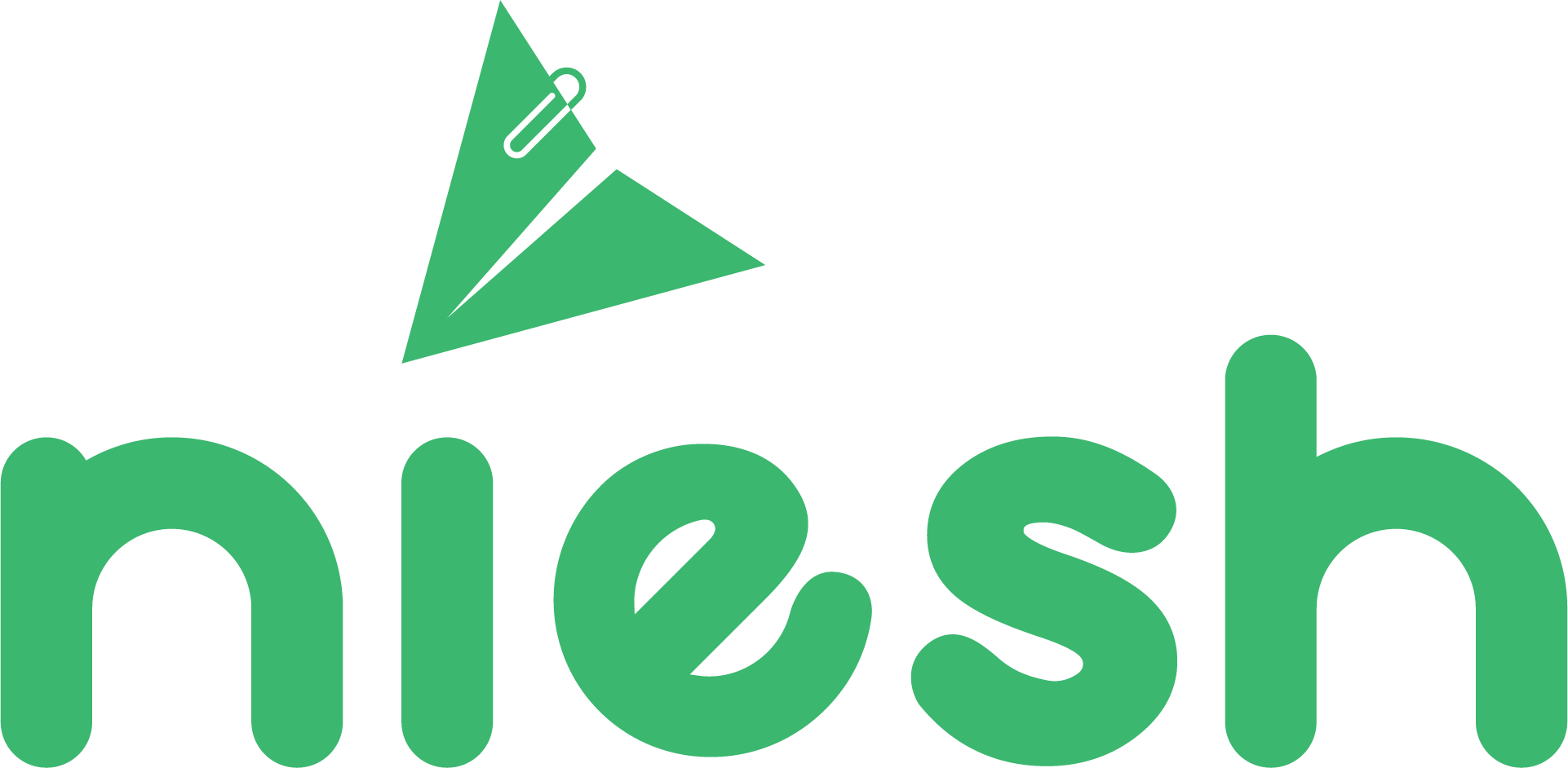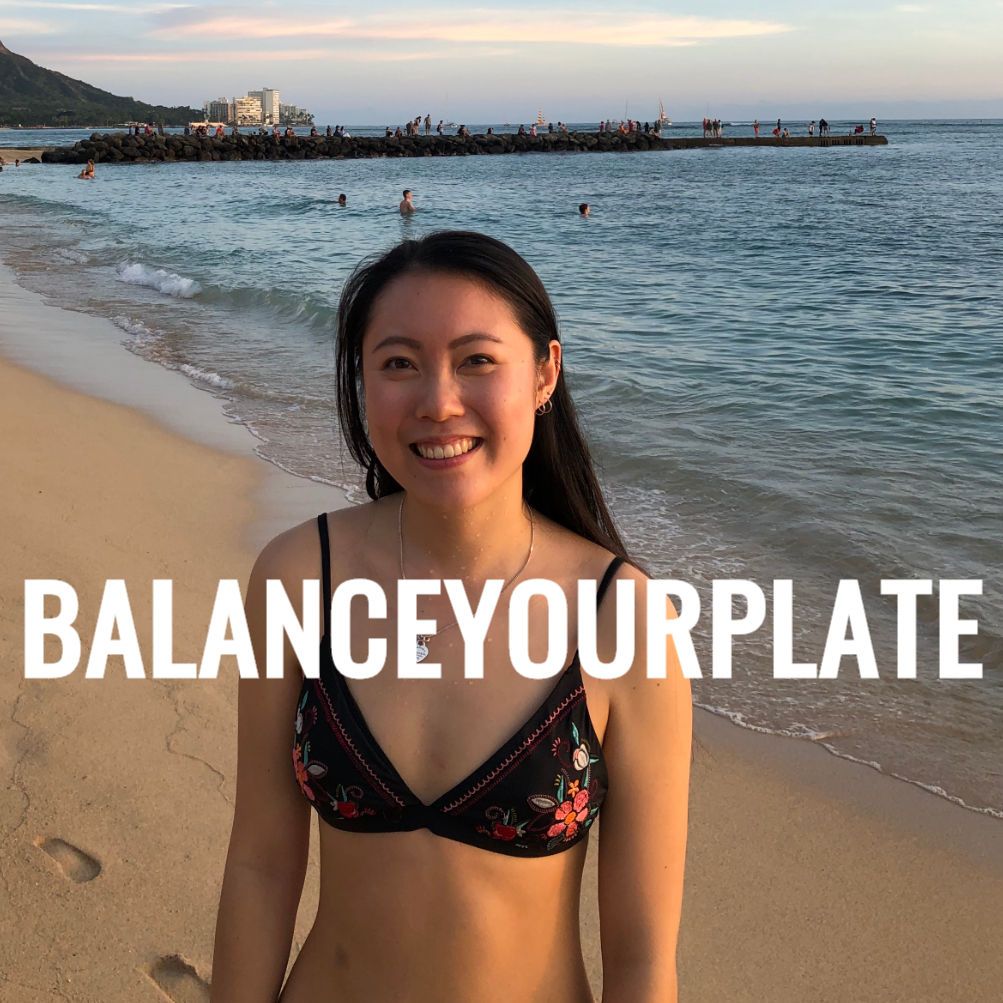THINKING ABOUT GOING PLANT BASED? HERE IS THE BASIC INFORMATION YOU NEED AND 4 RECIPES TO GET STARTED.
Going plant-based, or vegan, is something I always think about. It has become increasingly popular, and there are many different reasons why people choose to follow this diet and lifestyle.
I decided to try it out for 5 days.
The why…
- Environmental Impact
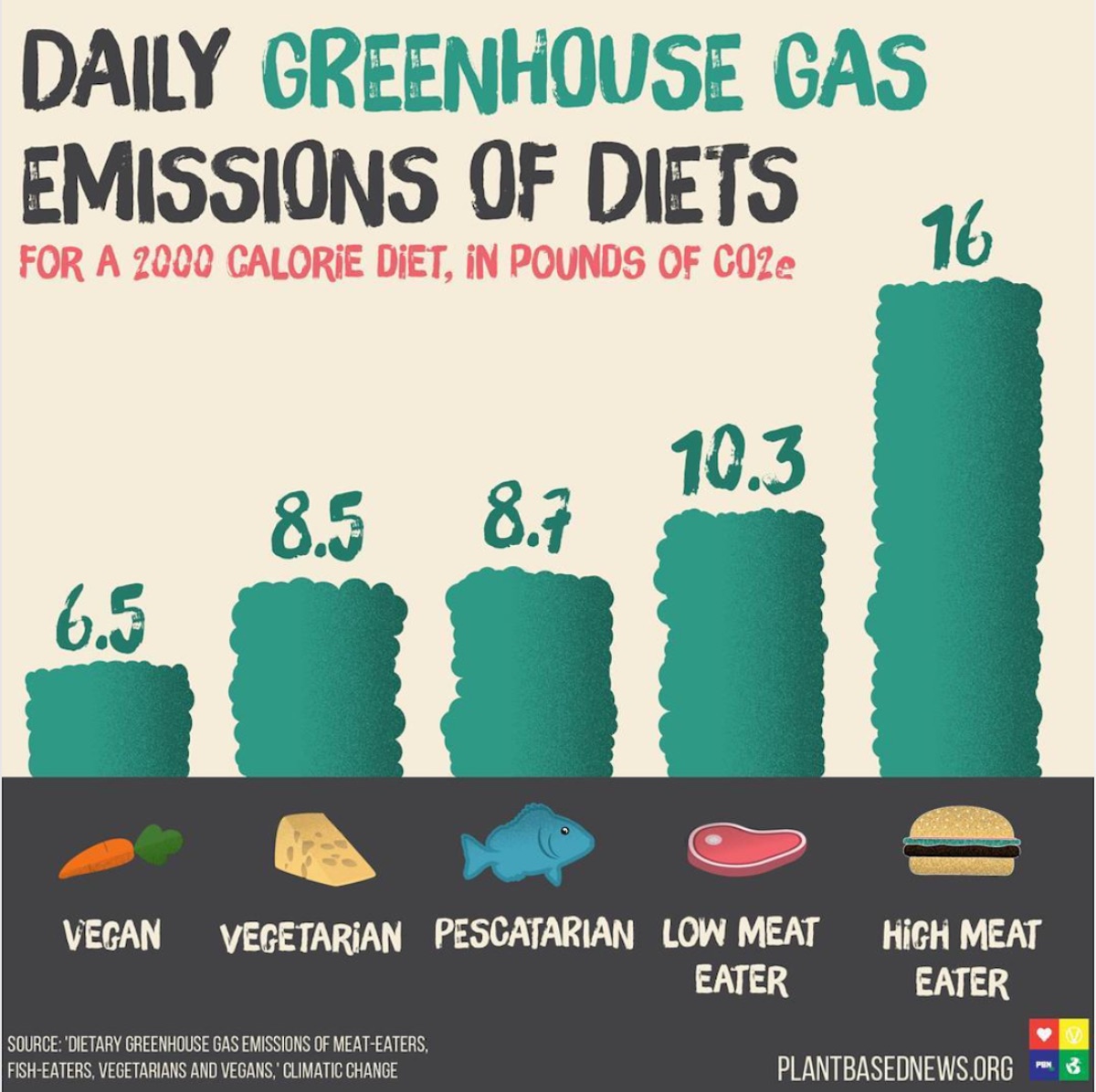
There is a lot of talk about the environmental impact of agriculture and farming. A commonly raised point is the water and other resources used to grow plant proteins vs raising animals. Overfishing and the destruction of eco-systems for farming are also areas of concern.
This is not to say that plant foods are not associated with any carbon emissions, pollution or waste; in fact some popular plant-based foods like almond milk are also resource intensive to produce.
2. Animal Ethics
This one is pretty self-explanatory, and it really depends on your personal beliefs! For some, buying free-range is enough while others may not eat animal foods but still use leather goods, and another may prefer not to consume animal products at all. It is a personal choice, and you can still advocate for animal rights by choosing cruelty-free cosmetics etc.
3. Health
People following plant-based diets tend to consume more fruit, vegetables, fibre, and less saturated fat. However, that is not to say you can’t have an unhealthy diet as a vegan, and you could also consume animal products but still eat plenty of fruit, vegetables and healthy fats.
Someone’s reasons for following a certain diet is often personal, and I don’t think there is a wrong or right. There are multiple ways to look at each of the reasons above, and we all need to respect each other’s views!
Nutrients In Question: How much you need and food sources?
Iron
Iron is a component of red blood cells that helps carry oxygen around the body. Mild iron deficiency is relatively common. 18 milligrams per day is recommended for women aged 19-50 years old because they tend to lose iron through menstruation, and men require less at 6 milligrams per day.
There are two forms:
- Haem – only found in animal foods and is well absorbed.
- Non-haem – found in both animal and plant foods and is less easily absorbed. You can help absorption by having some vitamin C rich foodsalongside iron rich foods, and avoid drinking tea with meals because that inhibits absorption.
Examples of iron rich foods include dark leafy greens, black beans, tofu, lentils, edamame and fortified foods such as weet-bix and some soy milks.
Calcium
Calcium for bone health is essential throughout our entire lives because our bones are constantly remodelling and regenerating.
The recommended daily intake for adults is 1000 milligrams per day. Alternatives to dairy include fortified plant-milks, tofu, tahini/sesame seeds and dark leafy greens like kale.
I recently switched to soy milk in an effort to reduce my dairy intake for environmental reasons, but I kept yogurt as a calcium source (coconut yogurt does not contain any calcium!).
Protein
An estimation of protein requirements for the average adult is 0.75g per kilogram of body weight. Most people eat a sufficient amount of protein whether vegan or not.
For example, a bowl of oatmeal made with soy milk and chia seeds contains around 15g of protein, which is about a third of my daily requirements! Lentils, beans, tofu etc. are all great meat-alternatives which are high in protein, low in fat and less expensive.

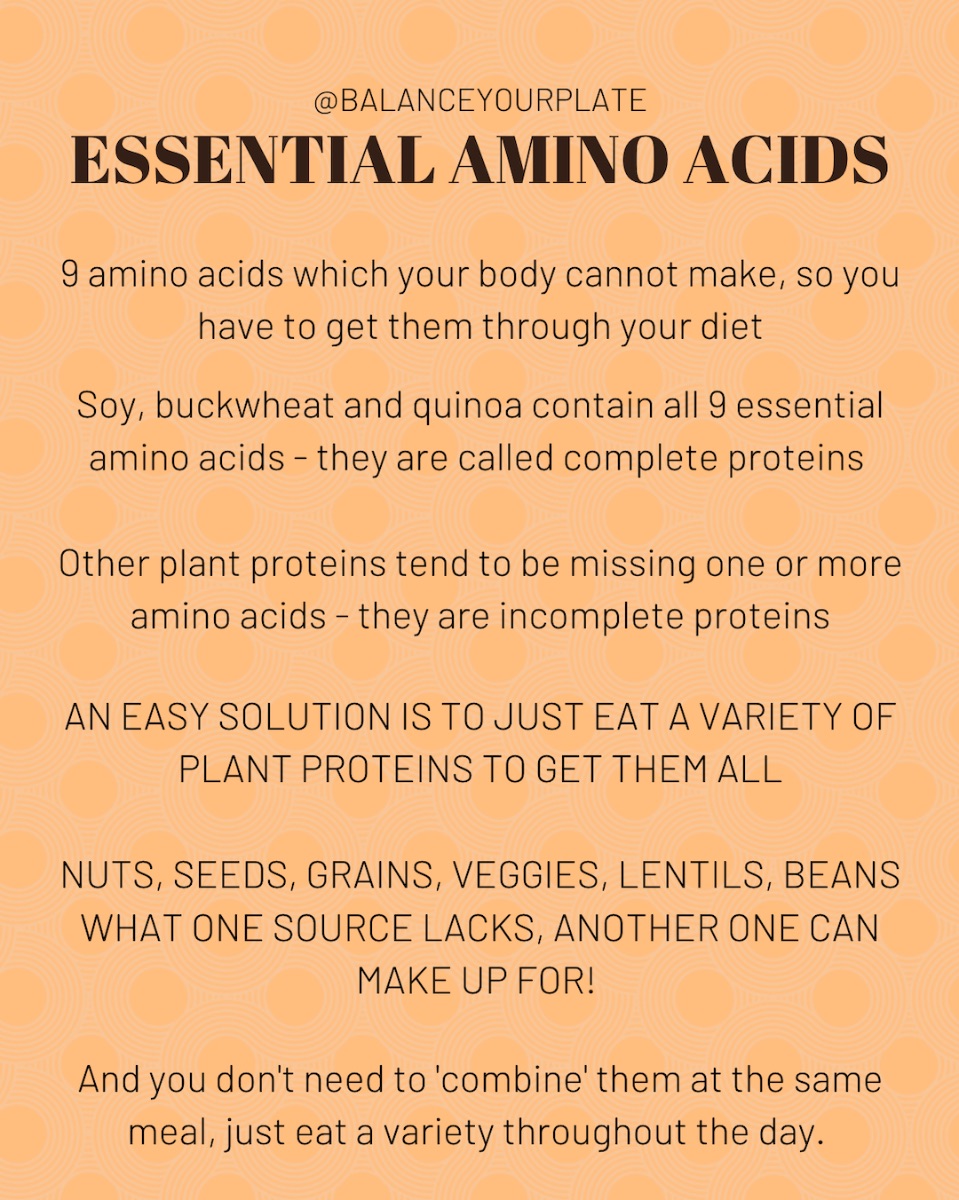
I posted recently on Instagram about plant-proteins, you can read about it here.
Vitamin B12
Recommendation is 2 micrograms per day. B12 is found naturally in animal-foods only, but some products like Marmite and tempeh contain B12. The usual recommendation for those following vegan diets is to take B12 supplements or get injections every few months – usually we push for a ‘food first’ approach but B12 is one of those things where we recommend supplements.
My overall thoughts…
There are plenty of benefits to following a plant-based diet! It can help reduce the impact of food production on the environment, and you may end up eating more fruit, vegetables, healthy fats and lean proteins!
Personally, I did not “feel” different during the five days – some people say they feel amazing once they switched to eating vegan but I think that’s down to eating more whole foods since a lot of processed/junk food is not vegan.
Cooking at home was pretty easy because the only non-vegan foods I eat regularly are eggs, yogurt and fish – and I will admit I missed eggs after about day 1.
Overall, I don’t plan on following a strict plant-based diet, but I aim to continue including lots of plant-foods in my diet – that is a great starting point for everyone! You could do meat-free Monday for example, or order a vegetarian option next time you dine out just to try.
A few recipes for inspiration…
Protein Oats
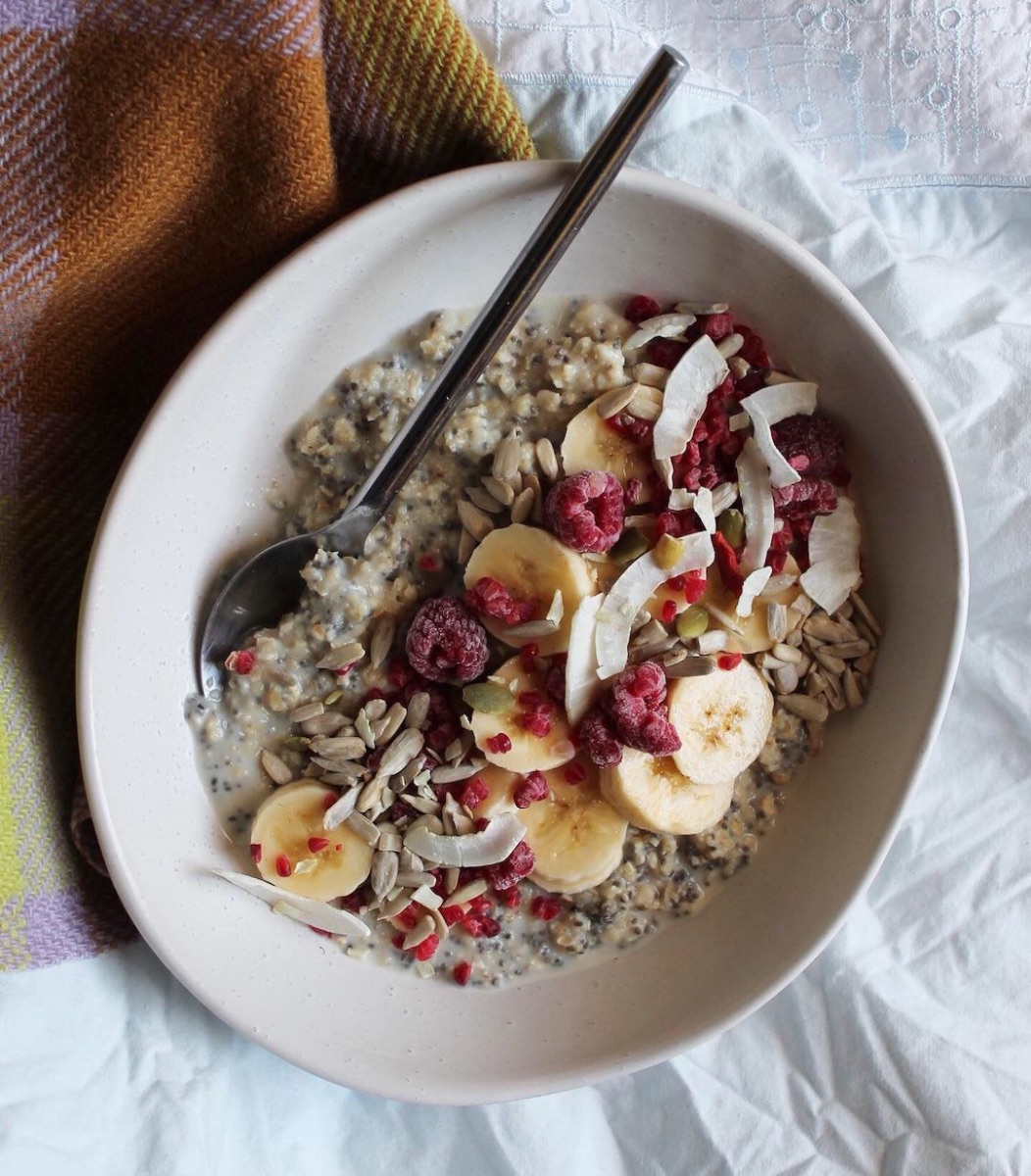
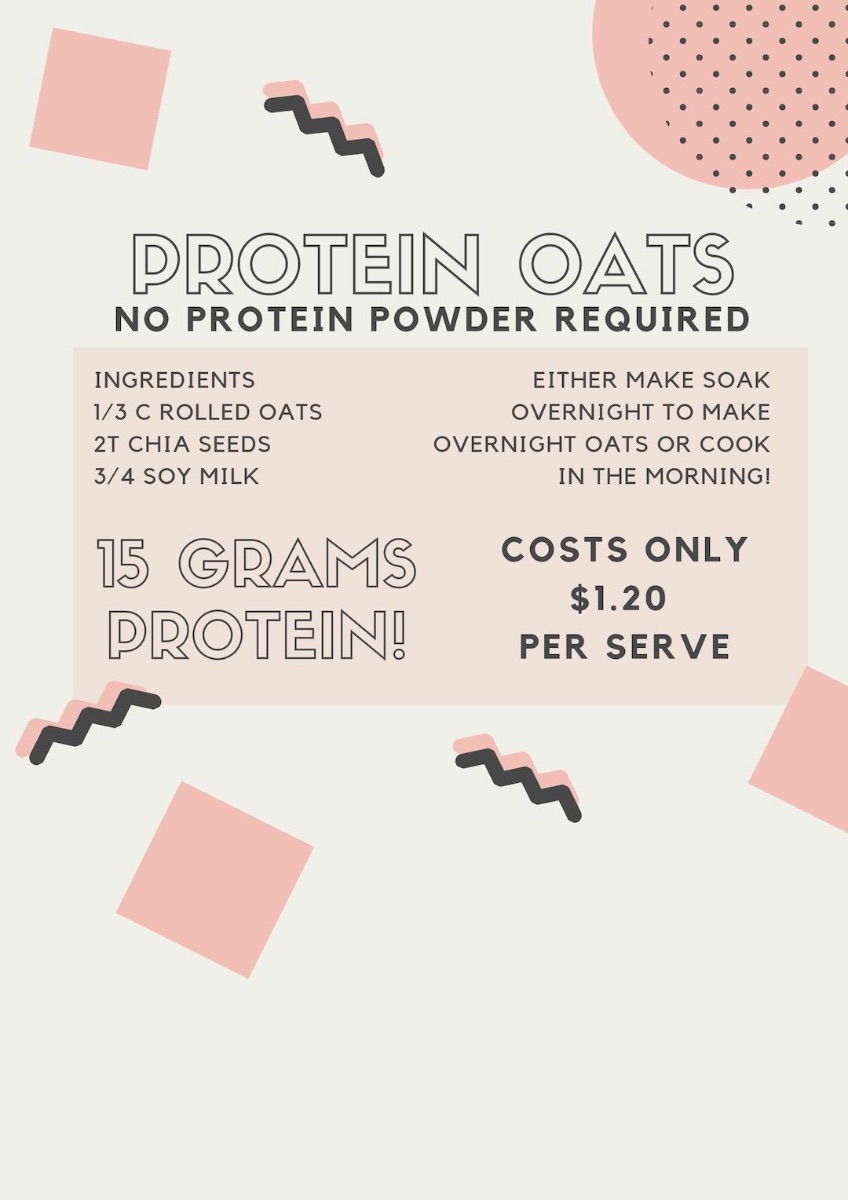
Veggie Burgers
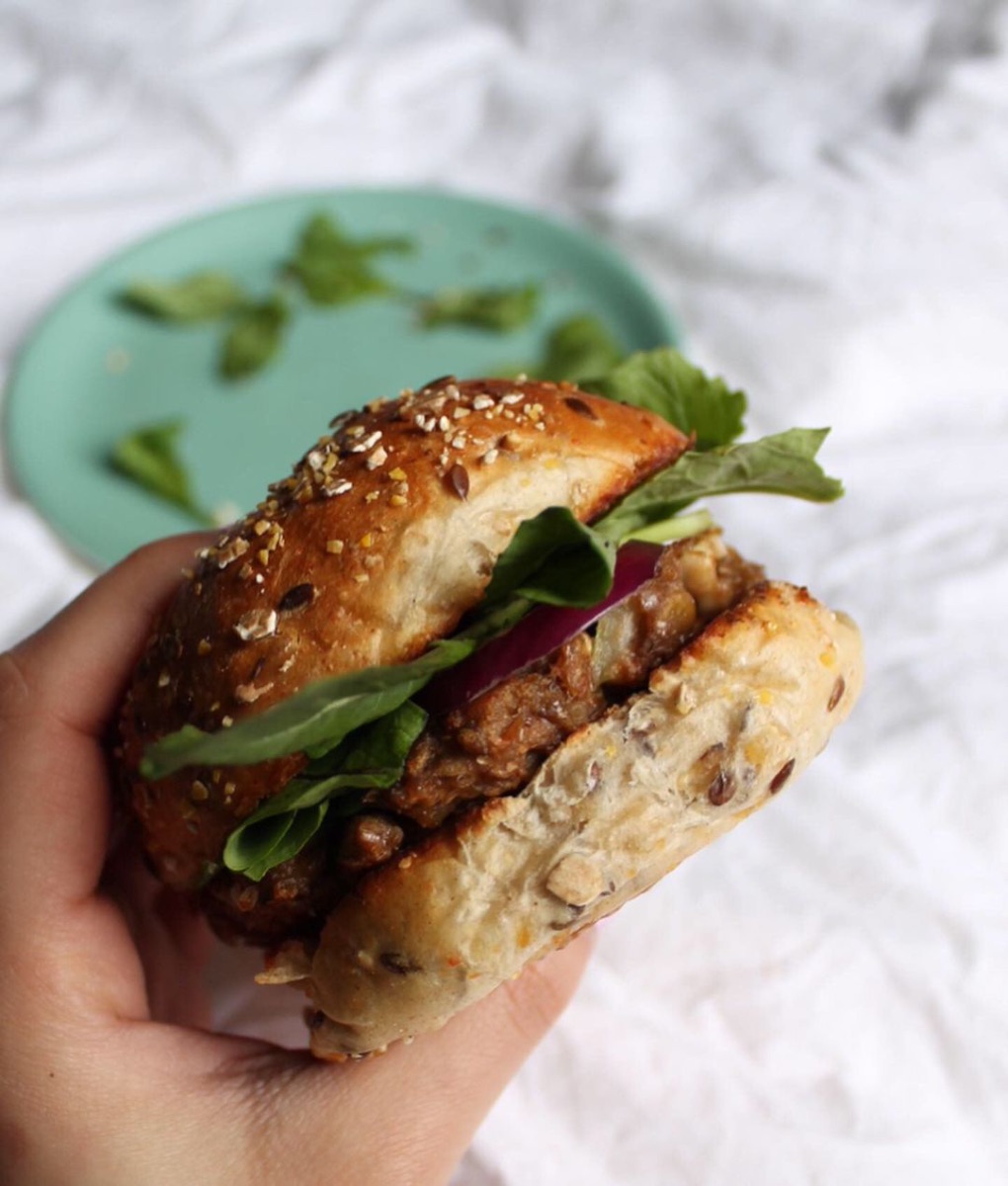
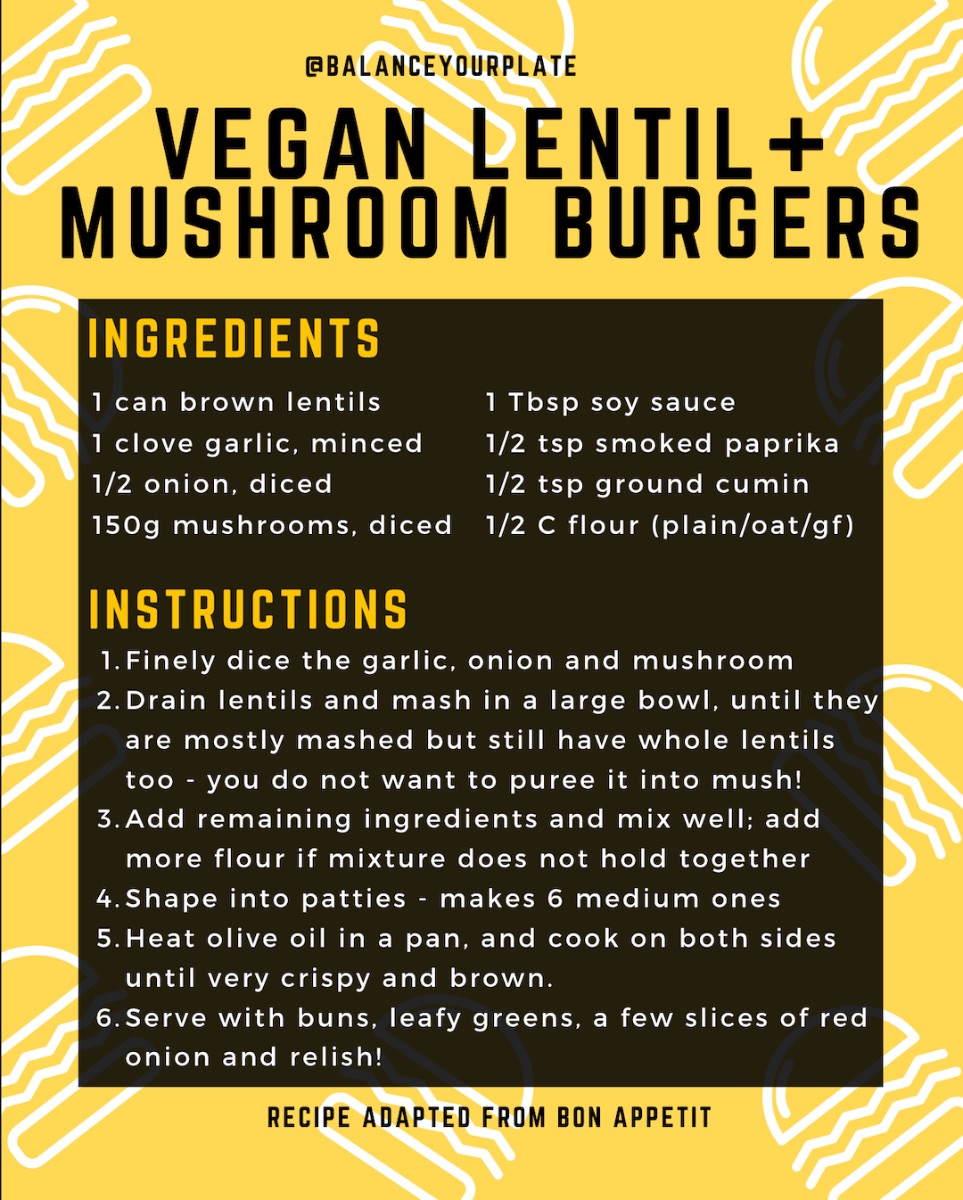
Teriyaki Tempeh
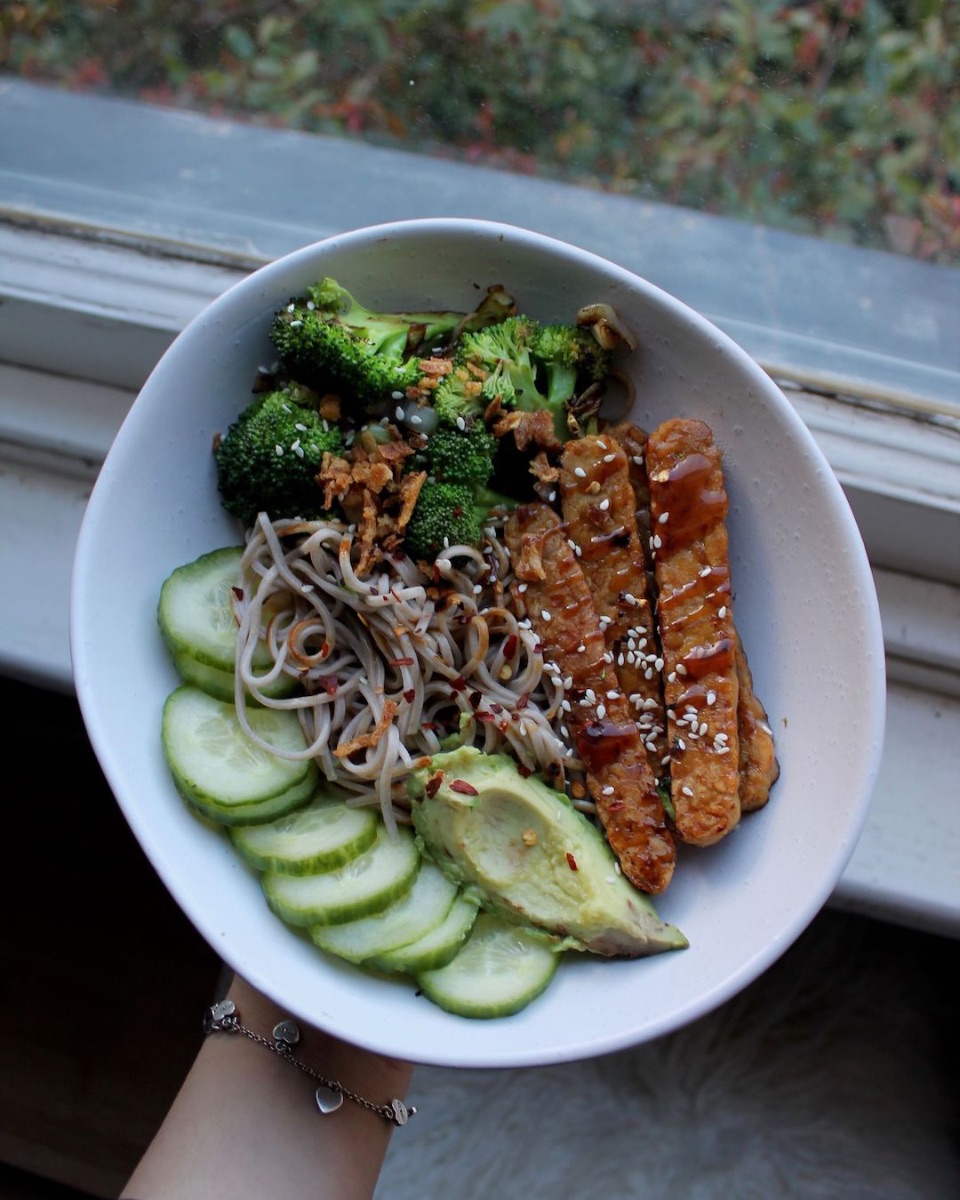
Chocolate Mug Cake
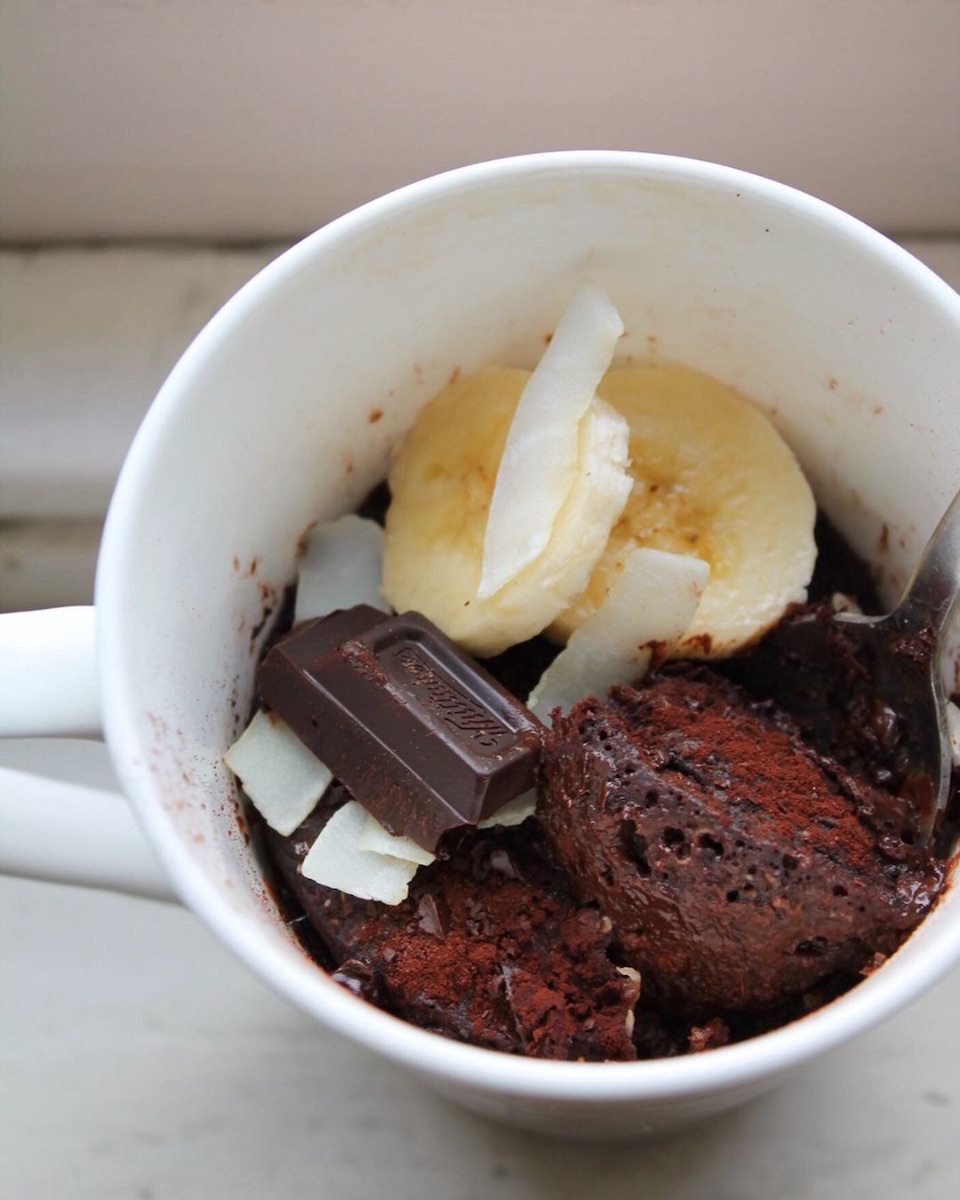

Hope you enjoyed reading about my experience trying out a plant-based diet! If you have recommendations to add, chuck a comment down below or DM me@balanceyourplate
